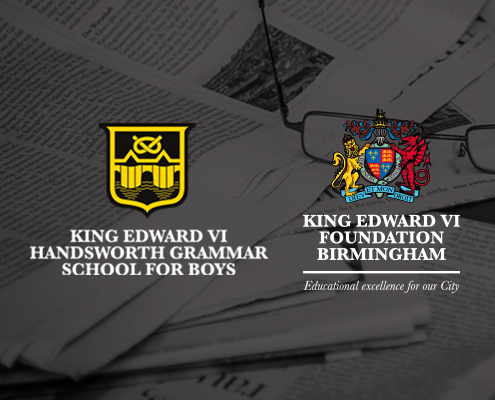MR KAFAI HAS BEEN KILLED!! He was discovered dead in the Science Department. The police have come and cordoned the area off. Looking at pictures of the crime scene, we can see two empty plates, two drinks glasses, cards, stacks of notes on the table, a pack of cigarettes and a gun. The possible suspects are Mr Jones, Mr Bansal, Mr Mohsin, Mr Hussain and Mr Alishah. With the help of forensic science and intuition, we will conduct a case to see who killed Mr Kafai.
Period 1
The first thing we did was a fibre examination. There was some found at the crime scene and using what we know the suspects were wearing on that day, and comparing it to the fibre at the crime scene, we can gauge who did it. To perform this task we had to use microscopes. I first examined the fibre found at the crime scene. I then examined a few other fibres until finally, I examined denim which matched the crime scene fibre exactly. Suspect- Mr Hussain was wearing a denim jacket.
Period 2
We had to perform experiments to see what nutrients were present in the suspects’ stomach liquid, and that of Mr Kafai. The nutrients we were looking for were protein, fat, glucose and starch. We found only two similarities, and those were with Mr Mohsin (starch) and Mr Bansal (protein).
Period 3
What killed Mr Kafai? This experiment was not so much to identify a suspect but rather to get a better idea of the crime. There was no blood on the table, so this suggests it was a murder conducted by poison, which we found in his drink. Since the body was found in the Science Block, poisons wouldn’t be too hard to find. After conducting a pH test, the pH level matched a poison called methanol. However, going back to the white power which we also found to be potassium chloride, we suspect that the killer tried to confuse the police by trying to let us think he had died of an overdose.
Period 4
Chromatography. There was a marker pen stain on Mr Kafai’s shirt, and colours had run. We did experiments using chromatography paper and markers; when in water (at the right depth) the colours in an ink dot separate. The stain on Mr Kafai’s shirt matched with the black marker – suspect Mr Alishah is the only one that likes to use black ink. Also, using luminol we spotted a blood stain on the wall. Someone had attempted to clean it but we still saw its shape. It was a low-velocity blood splatter because the blood clearly bled in slow, large amounts. The only suspects that possess weapons that are capable of this are Mr Hussain with his knife and Mr Alishah with his hammer (the claw hammer most likely caused the damage).
Period 5
Fingerprints and footprints can be really useful when finding a culprit for a crime, with fingerprints being unique to everyone, and footprints also providing lots of information. Using magnetic sand, you can find fingerprints and footprints upon close inspection. I traced the fingerprint at the crime scene to Mr Mohsin and the footprint to Mr Alishah.
Period 6
We reviewed all of the day’s work and built up a case against the suspects. Using my supreme forensic skill I, with some small help from my peers, found the killer to be Mr Alishah. The footprint…. the marker…. the hammer… The other main suspect was Mr Hussain but while we had evidence, it wasn’t such as strong case as that against Mr Alishah.
Form 8W






















































